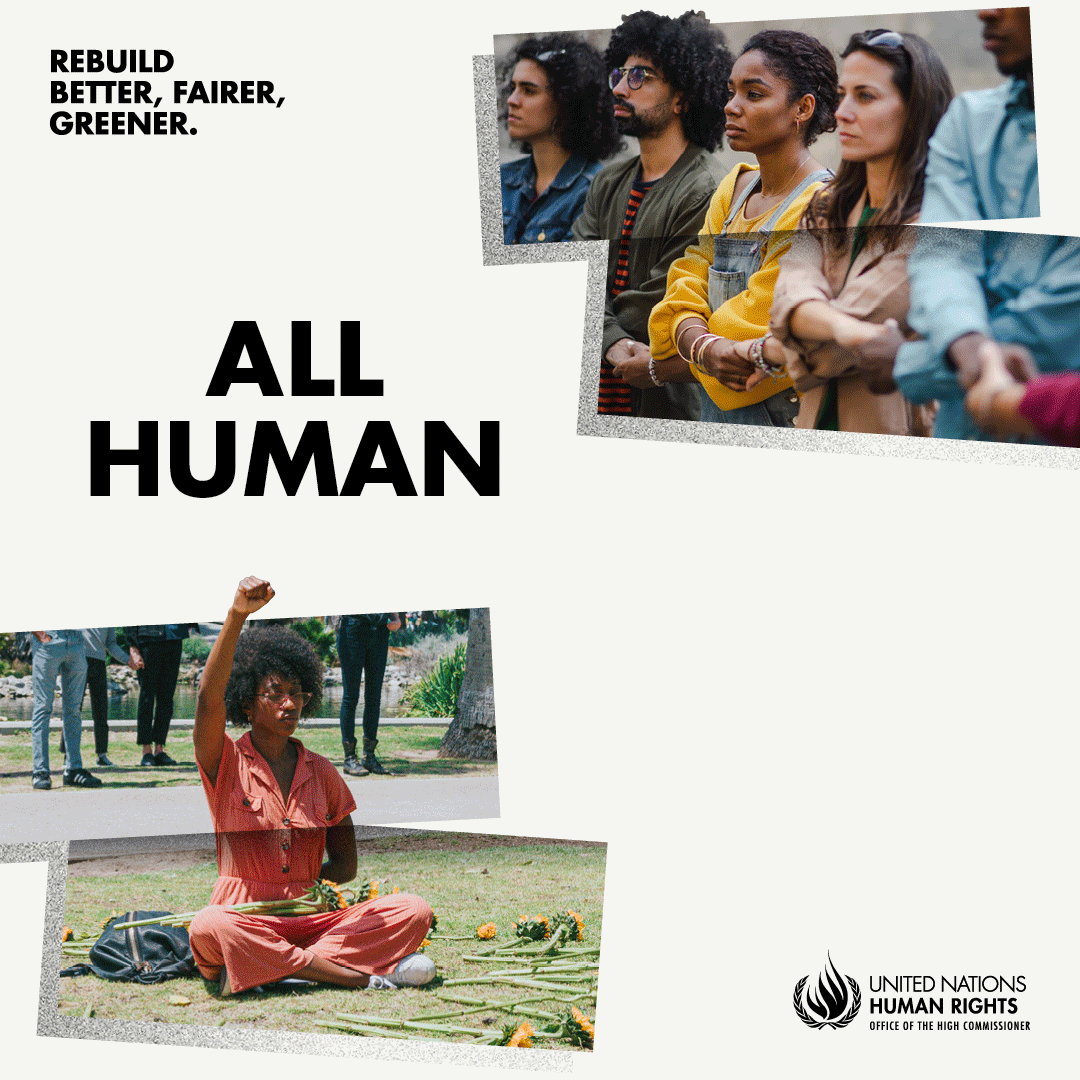From the IDPC and Harm Reduction International press release
In an unprecedented, last-minute decision, the lead UN drugs body has blocked the presentation of a report from a group of independent human rights experts that calls out governments for serious human rights abuses committed in the war on drugs.
The UN’s lead drug policy-making body has slammed the door on human rights expert Dr Elina Steinerte, Chair of the UN Working Group on Arbitrary Detention, who was due to present a watershed study on how drug control policies drive an epidemic of arbitrary detention across the world. She has been blocked from addressing the UN Commission on Narcotic Drugs today, 10th December, which is coincidentally International Human Rights Day, and her statement has been merely published online. This last-minute decision, which led to a contentious exchange during the session, was reached through an opaque, closed-door process that kept the human rights experts in the dark about their exclusion until today.
The report sheds light on the arrest and incarceration of millions of people around the world for drug-related offences, including for drug use. People who use drugs are also routinely held against their will in so-called ‘rehab centres’, where they are often subject to degrading and inhumane treatment, including forced labour. With today’s decision, the Commission on Narcotic Drugs stands in defiance of the Human Rights Council – the main UN human rights body – which had asked human rights experts to produce the very same report that now has been stonewalled.
The move to block the UN Working Group on Arbitrary Detention’s presentation is particularly galling, given that it is happening on International Human Rights Day 2021, held under the themes of equality and non-discrimination. From stop and search practices to mass incarceration or the death penalty, evidence shows that repressive drug policies disproportionately target oppressed and marginalised people across the world, including racialised groups, Indigenous people, people living in poverty, women, and LGBTQI+ people.


